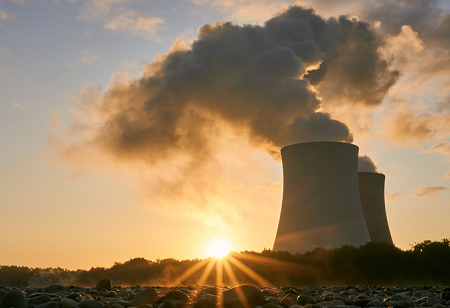
South Korea's strides in nuclear fusion research have reached a remarkable milestone, with the Korea Superconducting Tokamak Advanced Research (KSTAR) facility achieving a new world record. The team of scientists at the Korean Institute of Fusion Energy (KFE) has successfully sustained plasma at a staggering temperature of 100 million degrees Celsius for 48 seconds, surpassing their previous best.
This breakthrough holds immense significance for the future of energy production, bringing us closer to the goal of clean and virtually limitless energy. Nuclear fusion, the process that powers stars, offers the promise of green energy without the harmful carbon emissions associated with fossil fuels. However, replicating star-like conditions on Earth has been a formidable scientific and engineering challenge.
The recent experimental campaign by KSTAR, conducted from December 2023 to February 2024, showcased significant progress. By utilizing tungsten in place of carbon for the diverters, the components responsible for managing heat and impurities in the fusion reaction, the KFE team overcame instability challenges associated with high-temperature plasma. This innovation enabled the sustained operation of extreme conditions for an extended period, surpassing the prior record of 30 seconds set in 2021.
The ability to maintain high-temperature and high-density plasmas for prolonged durations is essential for the feasibility of future nuclear fusion reactors. Si-Woo Yoon, director of the KSTAR Research Center, emphasized the importance of this achievement, stating that such conditions are crucial for the future of fusion reactors. He also highlighted the contribution of South Korea's research to international efforts, particularly to the development of the International Thermonuclear Experimental Reactor (ITER) in France, which aims to demonstrate the feasibility of fusion on a larger scale.
We use cookies to ensure you get the best experience on our website. Read more...